Maintaining their update spree, the new BMW X3 M40d has been introduced, while the 2 Series Gran Coupe and 7 Series get updated diesels.
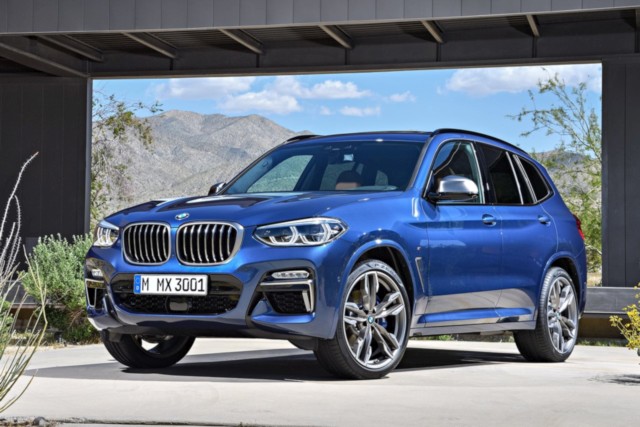
The BMW Group has been on a roll, updating all four- and six-cylinder engines with 48-volt mild-hybrid electric vehicle (MHEV) technology. The MHEV tech brings a 48V electrical system, a lithium-ion battery pack, and a more potent electric motor that works as a starter-generator. These changes reduce the load on the engine by filling in up to 8 kW (11 hp) and an accompanying useful serving of instant torque during take off from standstill, stop-go traffic, overtaking, and for maintaining coasting speed. There’s also the optimized brake energy regeneration and start-stop functions.
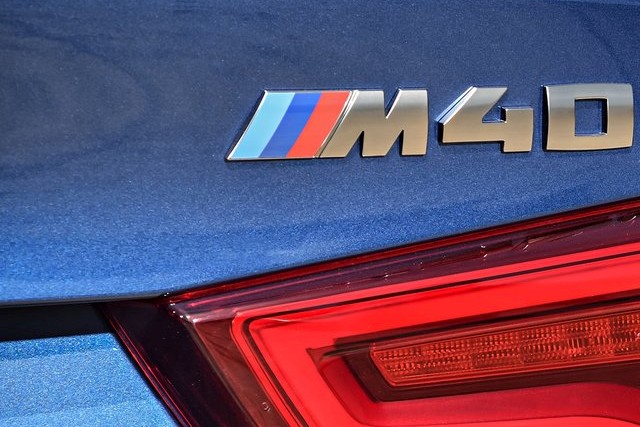
The first of these exciting changes comes in the form of the new BMW X3 M40d – the most powerful diesel-powered X3 there is. As with the X4 M40d, the updated 3.0-litre, in-line, six-cylinder diesel engine, with two-stage variable geometry turbocharging and an injection pressure of 2,700 bar, brings 340 hp at 4,400 rpm and a hefty 700 Nm of torque peaking between 1,750 and 2,250 rpm. This output is harnessed by an eight-speed Steptronic automatic and split with the xDrive all-wheel drive system. The BMW X3 M40d meets the latest Euro 6d emissions standard and is rated at up to 20.41 km/l and as low as 148 g/km of CO2. This engine is also now in the BMW X7 xDrive40d, with ratings of up to 17.54 km/l and as low as 167 g/km CO2. The X5 and X6 were the earlier recipients as reported earlier.
The X3 and X4 xDrive30d, meanwhile, receive the updated 3.0-litre, 48V MHEV six, now with 286 hp at 4,000 rpm and 650 Nm of torque peaking between 1,500 and 2,500 rpm. The eight-speed Steptronic automatic is standard as is the xDrive all-wheel driveline. The efficiency numbers for the X3 30d are up to 21.74 km/l and as low as 137 g/km CO2.
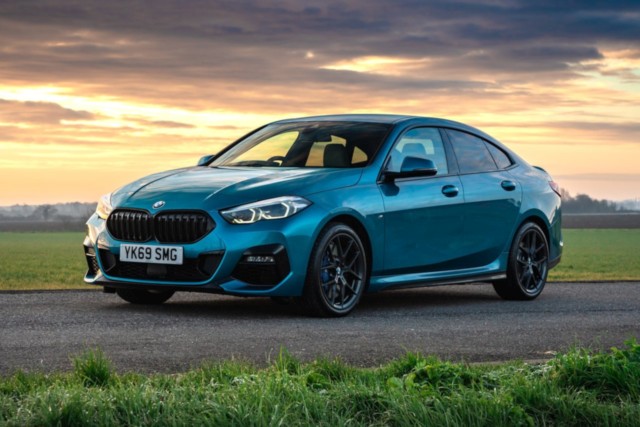
The next big change is for the 2 Series Gran Coupe models, specifically the 218d and 220d xDrive. The new 2 Gran Coupe is slated to arrive in India but which version arrives remains to be seen. The 218d Gran Coupe gets the 2.0-litre TwinPower Turbo four-cylinder diesel engine, running an injection pressure of 2,200 bar, and putting out the same 150 hp and 350 Nm, available with a six-speed manual or eight-speed automatic, and front-wheel drive. The rated fuel efficiency is 23.80 km/l with CO2 as low as 109 g/km in both manual and automatic variants.
The larger 220d xDrive Gran Coupe gets the familiar 2.0 four now – you guessed it – with 48V MHEV tech and the same 190 hp and 400 Nm at 4,000 rpm and 1,750-2,500 rpm respectively. Again, the eight-speed Steptronic and xDrive are standard. The rated efficiency? Up to 23.81 km/l and as low as 119 g/km CO2.
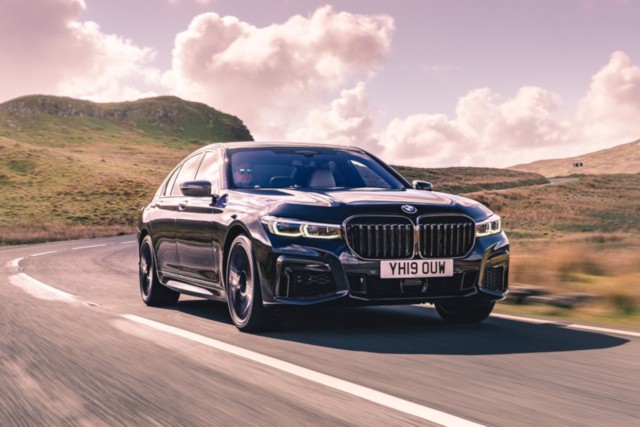
Finally, the big one. Rather, the big 7 – the new 7 Series. There are four variants of one engine type in the European market: the 730d, 730d xDrive, 730Ld and the 730Ld xDrive; the third of which is sold in India, so we’re going to focus on that one. The 730Ld gets the updated 3.0 six with 48V MHEV tech and 286 hp and 650 Nm; as with the X3 and X4 xDrive30d above. With the standard eight-speed Steptronic automatic and rear-wheel drive only format, the new ratings are 24.39 km/l and 126 g/km.
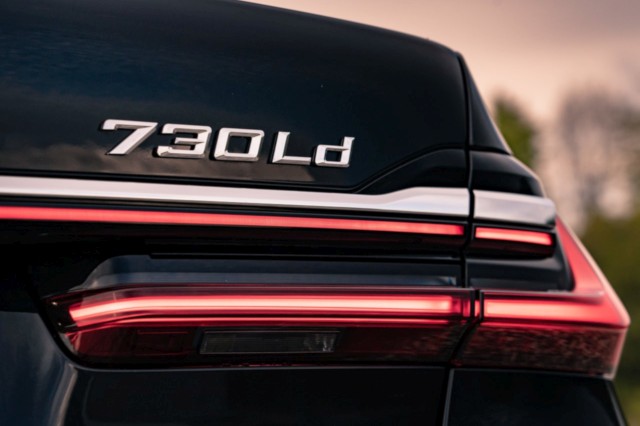
The 740d and 740Ld are only offered with xDrive all-wheel drive and get the new 340-hp engine spec that the BMW X3 M40d gets above. The efficiency ratings are 22.72 km/l and 136 g/km, and 22.22 km/l and 137 g/km former and latter respectively; interesting to note that the 140-mm longer wheelbase and 45-kg weight difference account for the 0.5 km/l and 1 g/km increase.
A 750d is not available at this time, though we may see one in the future. We, however, do get the BMW X3 M40d’s biggest sibling, the monster X7 M50d, here in India now.




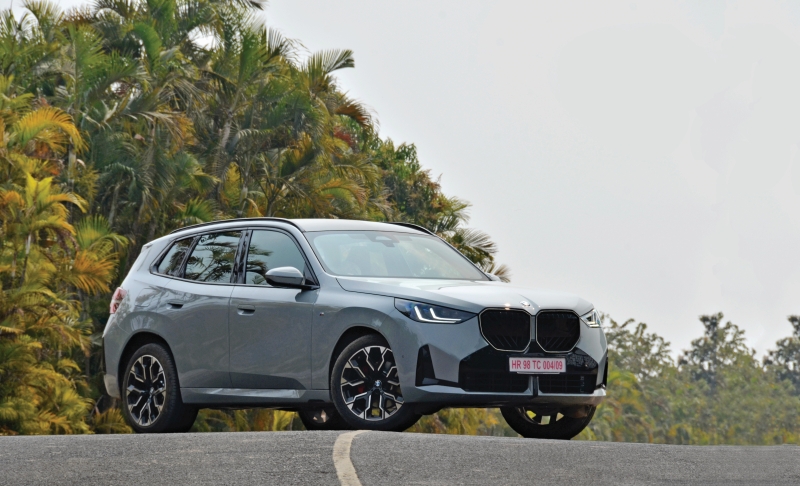


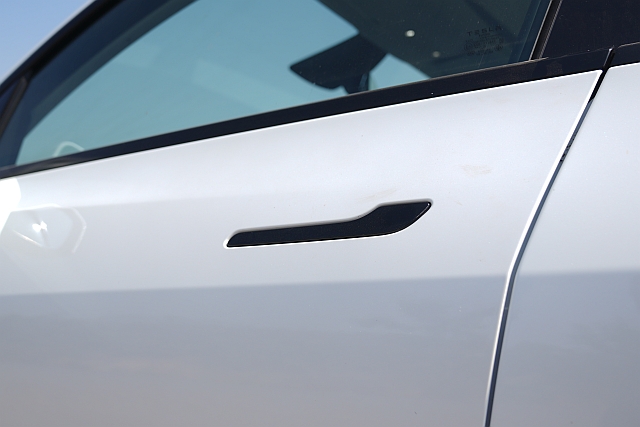
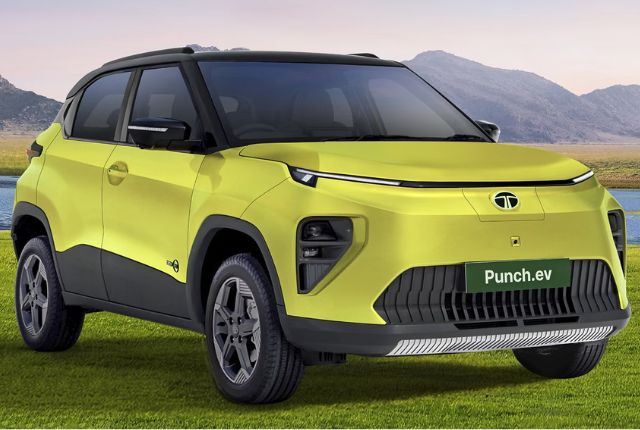
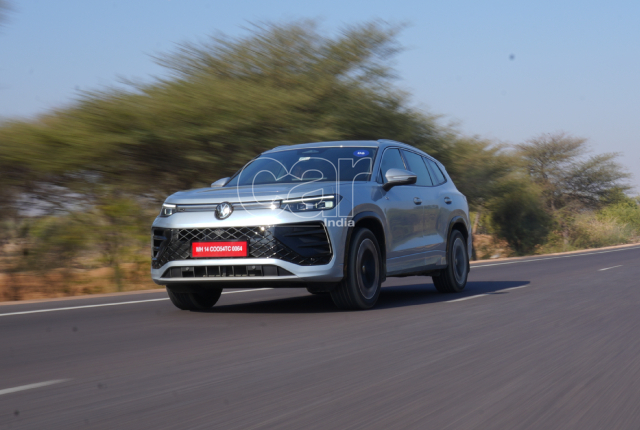

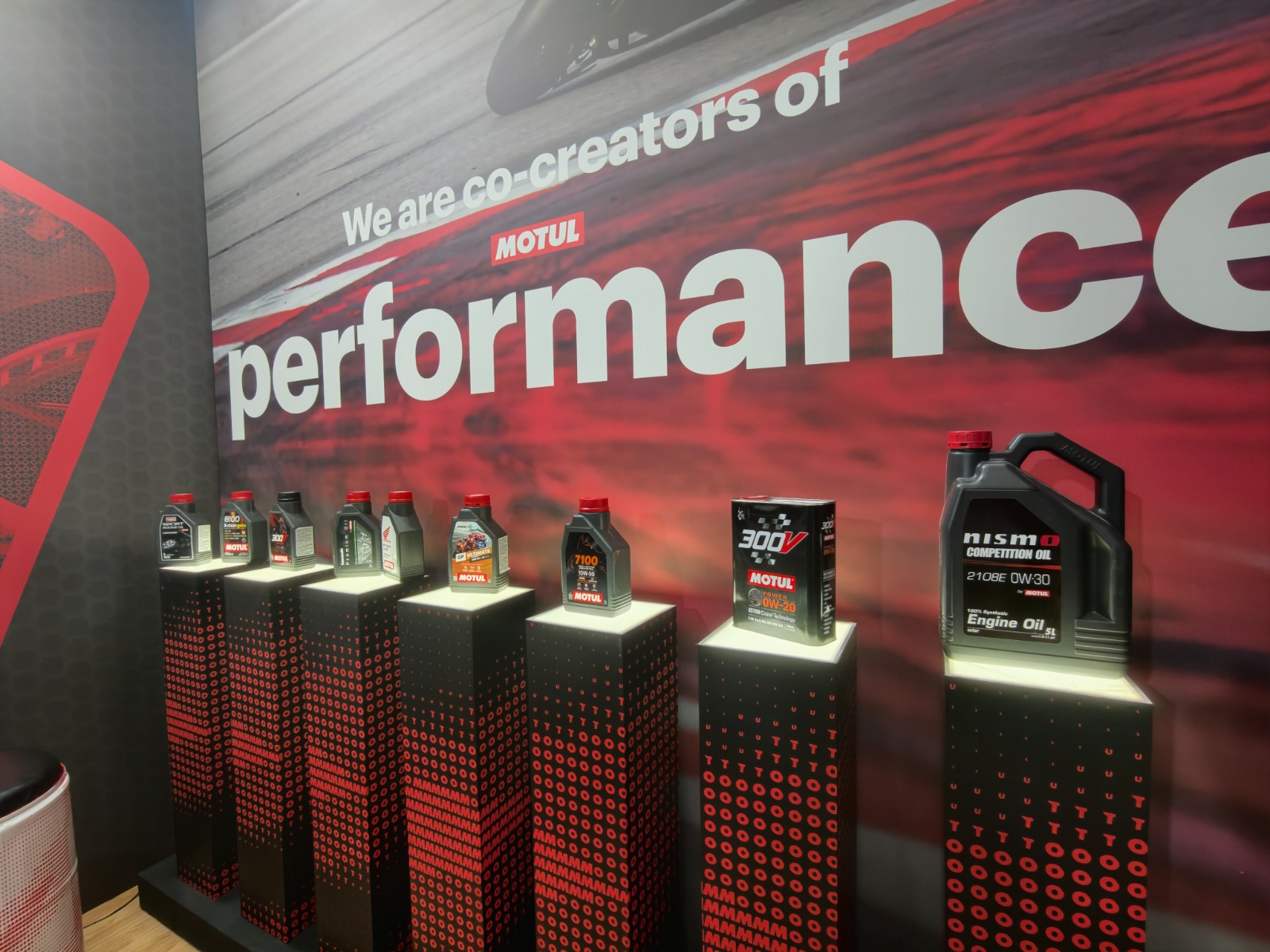
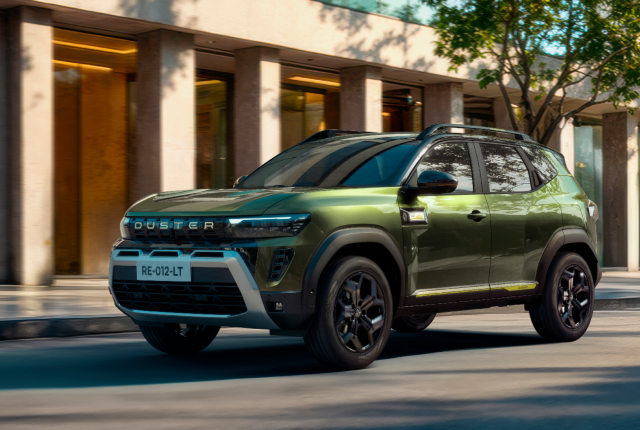
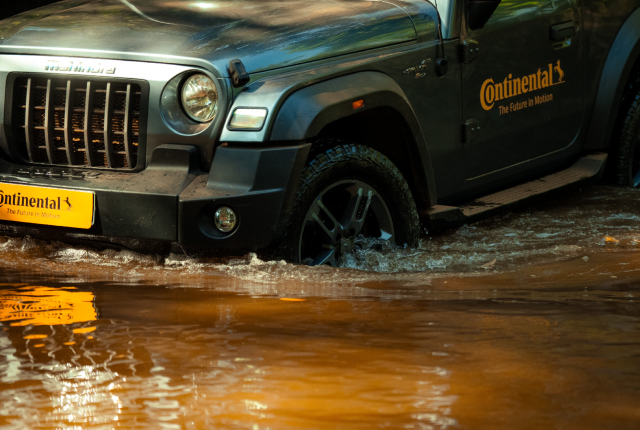
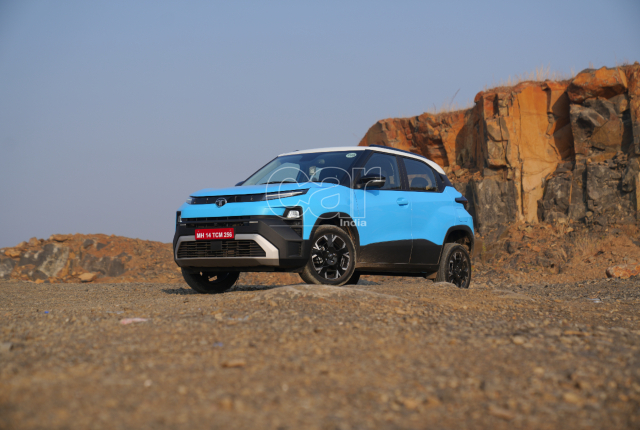
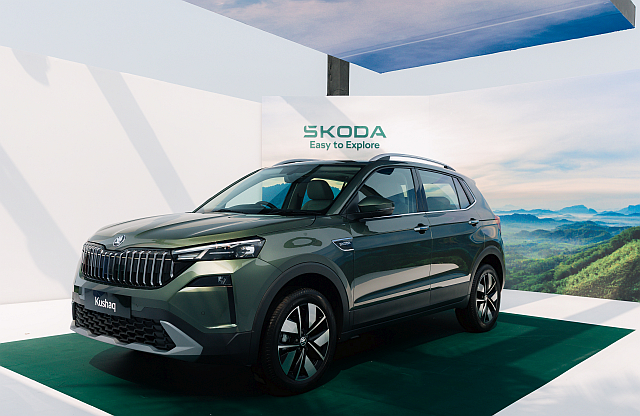
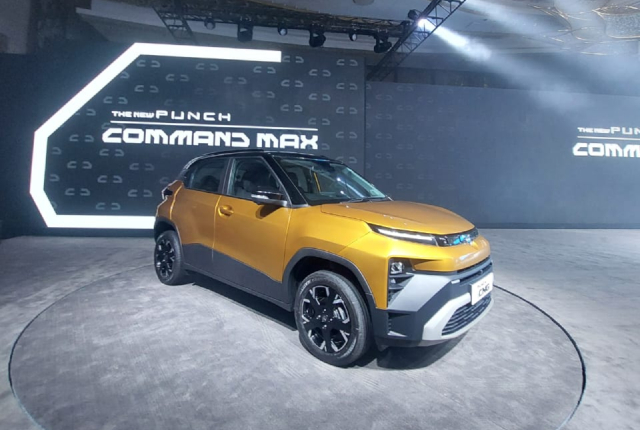
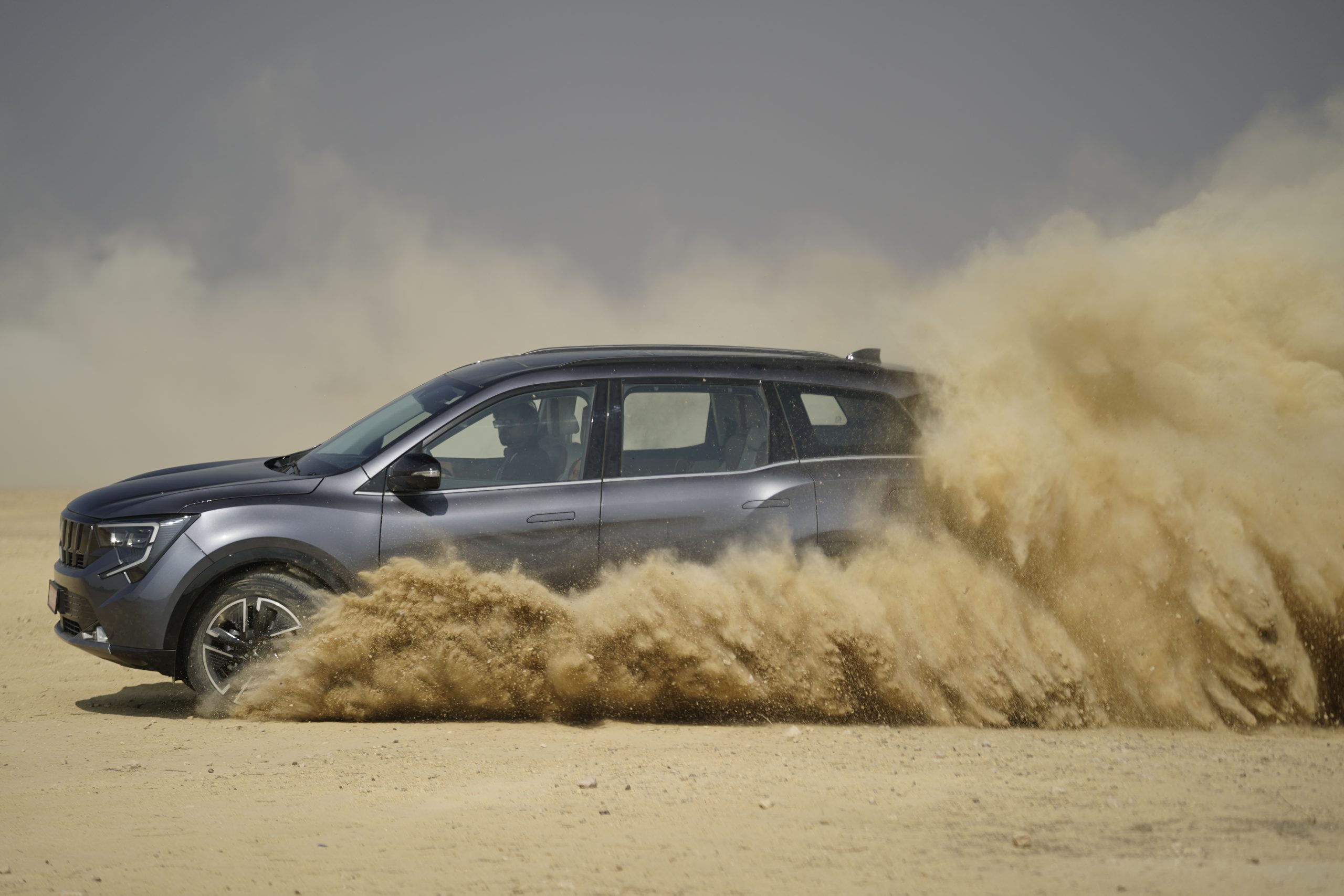
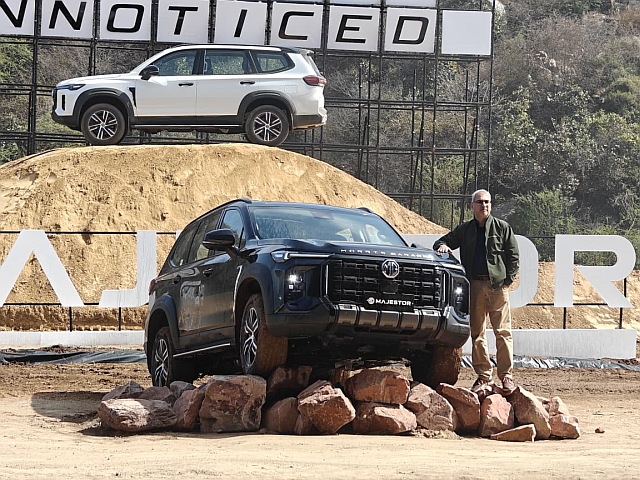
Leave a Reply